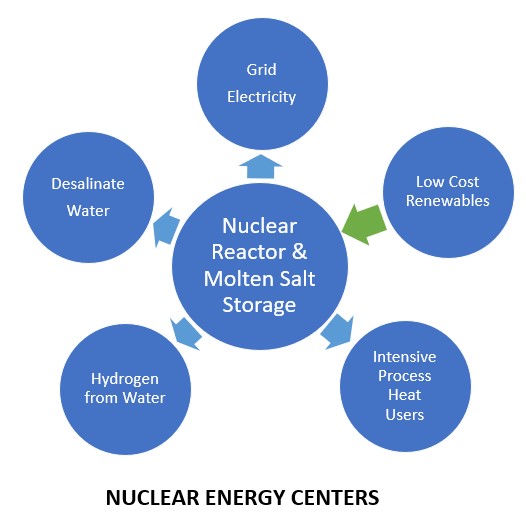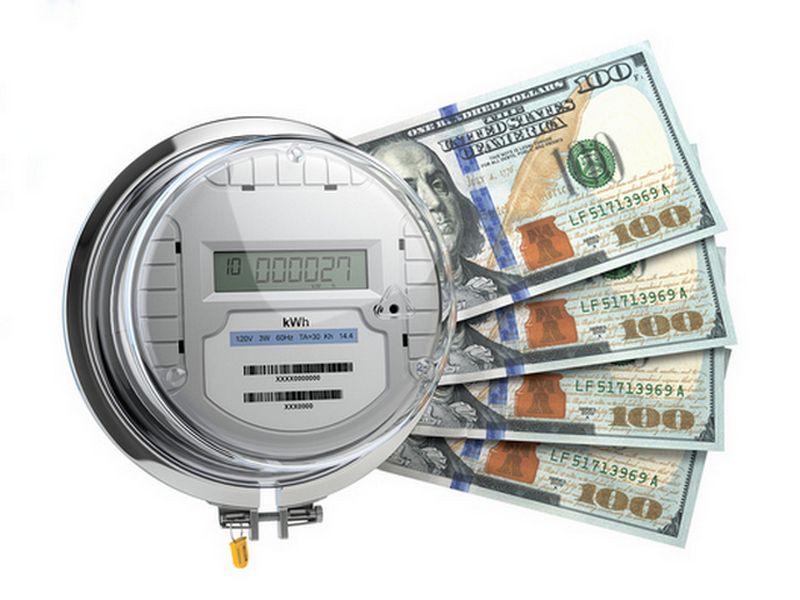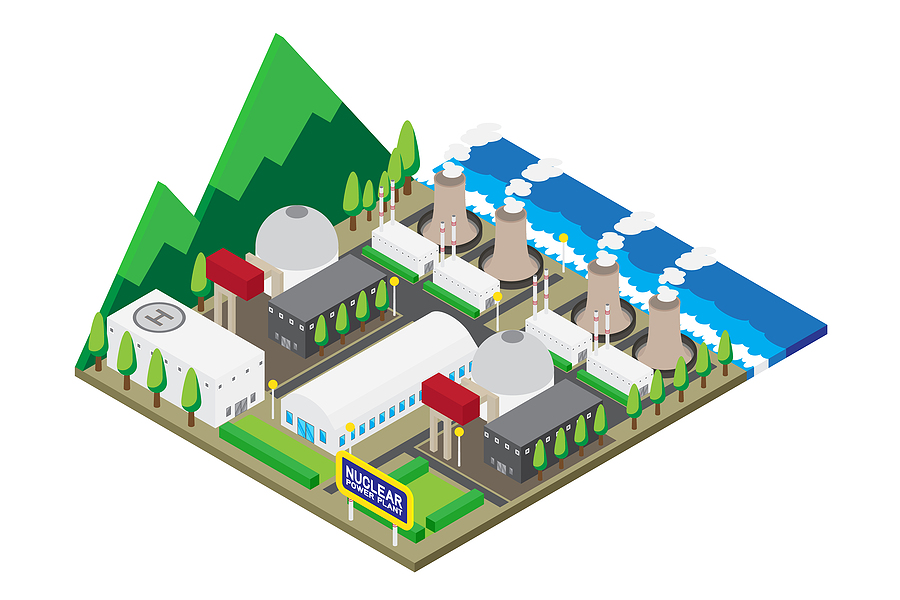Why Desalination is Necessary
Periodic droughts, increased water usage, and economic growth demands sustainable and reliable
freshwater sources for people, industry, and agriculture. The USA is the largest exporter of
agricultural products in the world. Agriculture must have a consistent and adequate supply in water delivery to plan and produce efficiently.
Much of the western USA's most fertile agricultural land lay fallow due to water restrictions and inconsistent supply issues.
Several western states lie near the largest body of water on earth. Many, including California,
already have a widespread system of aqueducts to carry water wherever needed.
With abundant inexpensive electricity supplies, many southwestern states could have brackish or saltwater pumped to them for desalination.
Desalination of seawater is a proven technology globally. Desalination plants operate in
more than 120 countries in the world, including Saudi Arabia, Oman, United Arab Emirates,
Spain, Cyprus, Malta, Gibraltar, Cape Verde, Portugal, Greece, Italy, India, China, Japan, and Australia.
There are more than 15,000 desalination plants currently in global operation. Israel, as an example, produces
as much as 80% of all its fresh water needs using seawater. While most American desalination plants purify less-saline
brackish water from rivers and bays, large-scale seawater operations have begun in California, Florida, and Texas.
Almost all of these existing desal plants are powered by fossil fuel plants. Power and heat generated
in Nuclear Energy Centers would be much more efficient and less costly to the environment.








